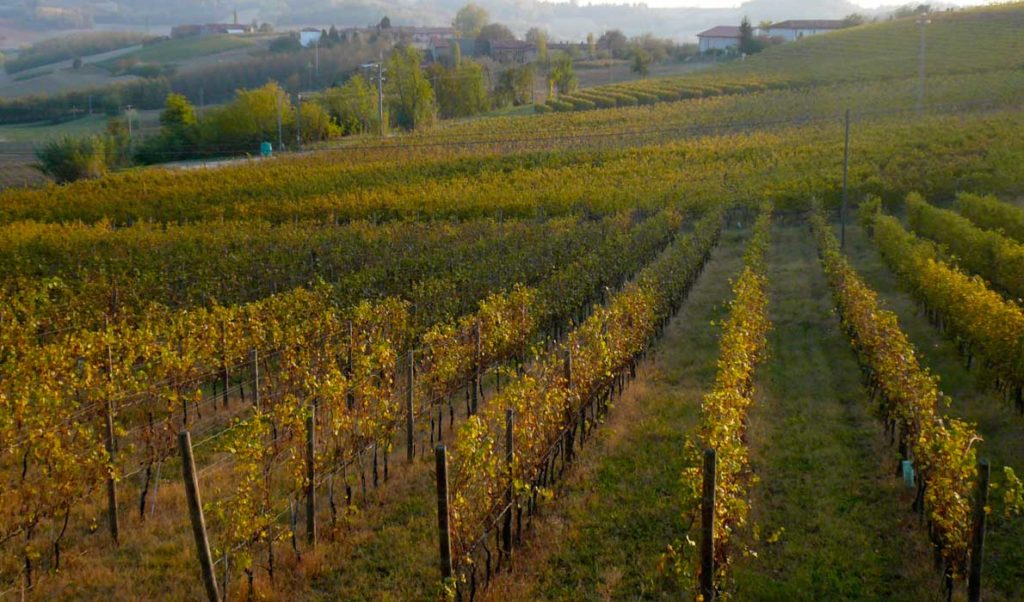On Sunday, March 22, Bruce and I caught a windy 5 a.m. ride off island with Richard Howland on his fishing boat, Endeavor. We were flying to Italy on Monday night, but the weather forecast did not guarantee getting away from the island any later.
It was just fine to have the added time in Boston while staying with our friends Miklos and Clare. Miklos was our key figure in the whole trip because he grew up in Italy and was the only one of seven of us who could speak Italian fluently. He and Clare found an amazing villa to rent in a rural section of Puglia, near the heel of Italy’s boot. Miklos kept in communication with the homeowners, Angelo and Antonella, to answer questions before our arrival.
Oh how I wish we had had the discipline to learn more Italian before we left! I made the effort to have learning materials on hand, and winter was certainly long enough to make good progress in “la bella lingua,” but it always felt like I had plenty of time to start “tomorrow,” so I kept putting it off. Bruce and I departed with little more than a firm grasp of the words for please, thank you, you’re welcome, where is the toilet, good morning, good evening and good-bye.
By Tuesday morning we were driving in rental cars to the town of Cisternino, where we would walk around and enjoy our first lunch in Italy. We met up with Angelo and Antonella so they could show us the trulli they had refurbished as an amazing rental. Their proficiency in English was on par with our grasp of their language, so we all smiled and nodded politely while Italian words filled the air among the three who knew what they were saying. Then, Antonella brought out a beautiful and delicious apple cake she had made. No translation needed. Our Italian adventure was off to a great start.
We saw groves and groves of olive trees, fruit trees beginning to flower, artichoke plants about to be harvested and several old towns that were well established before our country was born. Daffodils, lavender, English daisies, poppies and wild mustard were in bloom, their greenery and color a balm to our snow-weary souls. When we were away from the confidence of Miklos’ translations, our question to shop keepers, “Parli inglese?” (Do you speak English?) was often met with a slight tilt of the head and two fingers measuring an inch of air. Sometimes the answer was “No,” but it was always accompanied by a friendly smile. Nowhere did we feel any negativity toward us as American tourists. Everyone seemed willing to communicate.
Late in the stay, members of our group went in opposite directions: Clare, Miklos, and Susie to the southwest to see the ancient cave dwellings in Matera, and Hugh, Karen, Bruce and I to the northeast to visit the coastal town of Torre Canne. There were a few fishing boats in the harbor and two older fishermen standing by netting.
We asked, but they didn’t speak English. I indicated Bruce was “un pescatore,” and one of the men mimed using a fly fishing rod. “No,” I said, but then I was at a loss. Saying “lobster” and opening and closing my hands like claws definitely did not translate!
I pulled out a piece of paper and started to draw a lobster boat. “Ah, una barca, si, si!” they said. Then I drew a line from the boat, a trap and a lobster at the bottom of the page. “Ah si, aragosta!” Aragosta are caught on the Mediterranean side.
On another day, I heard a mother speaking English to her child. “Oh, you speak English!” I said. She was from England, but had lived in the area for the last ten years. “You are seeing the ‘real Italy’ here,” she said, “not a whole bunch of tourist areas. I sure hope you have someone with you who speaks Italian. Otherwise you’re kind of screwed.” Prophetic words, as it would turn out.
On our last day, one of our rental cars was rammed sideways by a teenage driver speeding through the intersection. His car was totaled, ours was unable to be driven and amazingly no one was injured. We all were shaken up but incredibly grateful to have Miklos speaking Italian with the rental company, the carabinieri (police), and Angelo, who was waiting back at the trulli to take us on a tour of an olive oil factory.
A woman who spoke English took two of us to her apartment to use the bathroom and have a drink of water. The process of sorting out the accident involved three hours of much Italian, getting a tow truck and filing reports at the police station.
The next morning, Angelo came to say good-bye. We hugged and I asked Miklos to tell him that I appreciated his concern for us when we were so late in getting home. Angelo held up three fingers and indicated his heart pounding hard. He had come to the trulli three times to see if we were back and had been really worried.
Through every experience in Italy, people were incredibly kind and friendly. We felt welcomed. It made a lasting impression on me.
As we prepare for our own busy tourist season in Maine, it’s a good lesson to remember. Are we helping visitors feel welcomed when they might be so far away from home? Kindness to strangers translates as kindness, no matter what language you speak.
Barbara Fernald is a jewelry maker who lives on Islesford (Little Cranberry Island). Her work can be seen on her Facebook page, Barbara Fernald Jewelry.





